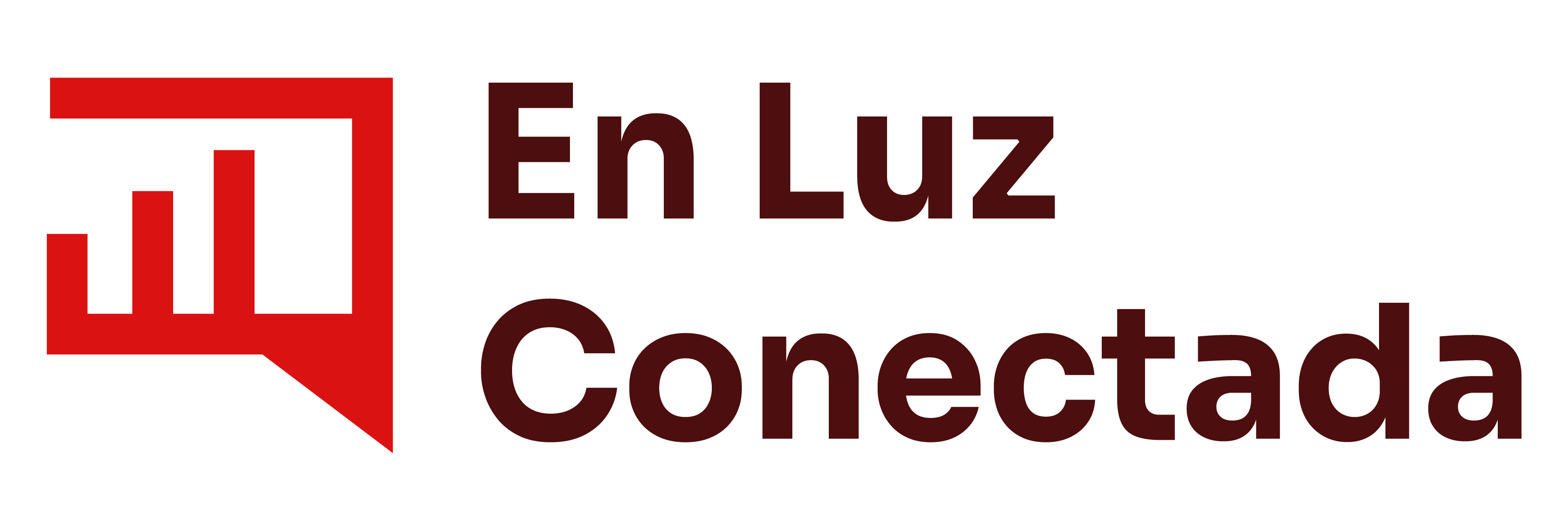Did you know financing a used car can be more complex than buying a new one? Many people don’t realize how important it is to understand different loan options when looking at pre-owned vehicles.
When you’re looking to finance a used car, you need to check your budget carefully. You should also know about extra costs like dealership fees and taxes. And, don’t forget to look at the financing terms closely. Interest rates can change based on the car, loan amount, and your credit score.
It’s also key to watch out for high-pressure sales at used car dealerships. By staying calm and informed, you can find a good deal on an affordable used car that fits your needs.
Understanding the Market for Used Cars
The used car market in Canada is always changing. This is due to seasonal demand and the economy. Prices can go up and down throughout the year. For example, prices might increase in the summer when more people want new cars.
Terms like ‘certified pre-owned car’ and ‘low mileage car’ are important. They help buyers know what they’re getting. A reliable used car usually has these labels, giving buyers more confidence.
Dealing with trusted used car dealers has its perks. They offer warranties and check the cars thoroughly. This means buyers get a car that works well. Doing your homework is key, especially with tips from the Canadian Black Book.
This knowledge helps buyers make smart choices. It makes sure they find a good car that’s safe to drive.
Types of Financing Options Available
When looking to finance a used car, you have many choices. Bank loans are a common pick, offering good interest rates. They let you pay for your car over time, making them a solid choice.
Credit unions also provide financing, often with lower fees and better terms for members. Dealership financing is handy, making buying a car easier. But, it’s key to check the loan terms, as rates might be higher than banks.
Leasing is another option for financing a used car. It lets you drive a car for a set time and then return it. This is great for those wanting a flexible, budget-friendly choice without a long-term buy.
It’s important to compare different financing options. Look at interest rates, how long you’ll pay, and monthly payments. Getting financing ready before you go to the dealership gives you an edge. It helps you negotiate better and makes the buying process smoother.
Assessing Your Budget
Figuring out a good used car budget is key for anyone buying a vehicle. It’s not just about the car’s price. You also need to think about costs like financing, insurance, fuel, maintenance, and registration. Knowing these costs helps pick a car that’s affordable and fits your budget.
Start by checking your finances. Look at your income, expenses, and savings. Planning for future costs, like repairs or changes in fuel prices, is also important. This helps make a budget that’s realistic and covers all your needs.
Using car cost calculators can make budgeting easier. They help you understand the financial commitment of a used car. Budget templates are also helpful. They guide you to keep your finances balanced while searching for a used car.
The Importance of a Good Credit Score
A good credit score is key when buying a used car. Lenders use it to see if you’ll pay back the loan. A higher score means better chances of getting approved and lower interest rates.
Credit scores are based on a few things. Payment history is the most important, showing you’re responsible with money. How much credit you use also matters. And, the longer you’ve had credit, the better your score might be.
To boost your score, start by paying off debts and making all payments on time. Also, check your credit report for mistakes and fix them. This can help you get better loan terms and rates.
Documentation Required for Financing
When you’re ready to finance a used car, having the right documents is key. Buyers should collect important papers before going to a dealership. This makes the process faster and can lead to better loan terms.
Make sure you have proof of income, like recent pay stubs. Also, have proof of where you live, such as utility bills or rental agreements. A valid driver’s licence is also needed. It proves you can legally drive a car.
If you’ve had a car loan before, bring those documents too. Showing you’re organized and serious can help. This can lead to better financing offers.
Presenting all necessary documents accurately can improve your chances of getting good financing. Lenders see this as a lower risk, which means better deals for you. Being prepared makes buying a used car easier.
Finalizing the Purchase
Buying a used car is a big step after getting financing. It’s important to check the purchase agreement before you sign. This agreement outlines the price, financing details, and any extra fees.
Before you finalize, do a final check and test drive. This ensures the car is in good shape and meets your needs. A good inspection and test drive can prevent surprises later.
Also, make sure you understand the loan terms. Clear expectations are key to avoid problems later. Taking your time to review everything helps make the deal smooth and successful for all.





